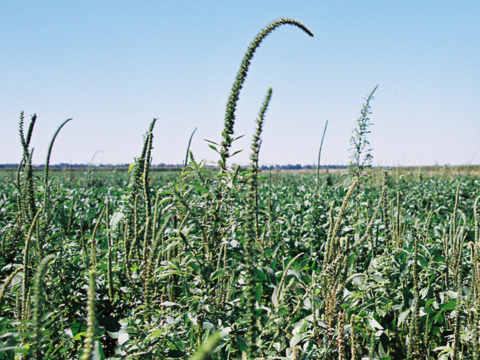Explore our blog featuring articles about farming and irrigation tips and tricks!
Farmers Offer Strategy To Lessen Herbicide Damage Issues

By: Greg D. Horstmeier
LITTLE ROCK, Ark. (DTN) — As Arkansas pesticide regulators debated the fate of dicamba herbicides, farmer Perry Galloway sat quietly in the audience gallery through most of the day-long board meeting.
It wasn’t his plan to be so quiet. Galloway, of Gregory, Arkansas, and attorney Grant Ballard had prepared earlier in the week to present the Arkansas State Plant Board with a grass-roots plan to allow farmers access to postemergence dicamba applications.
The plant board’s agenda did not include time for public comments. While several board members referred to the farmers’ effort during breaks from the meeting, there was no official recognition of it.
“That was the real disappointment,” Galloway said from his combine cab the day after the plant board voted to prohibit dicamba use across the state from April 16 to Oct. 31. “We just wanted the chance to talk about the issue before they voted, and we didn’t get it.”
The letter to the plant board was originally signed by seven Arkansas farmers. By the time the meeting started Thursday morning, Galloway said the group had some 300 additional petitioners representing 1.4 million acres of cotton and soybeans across the state.
Restrictions the farmers were recommending included:
— May 25 cutoff instead of April 15;
— No sale of any older dicamba formulations, to prevent misuse of older, more volatile formulations;
— No spraying before 8 a.m. or after 4 p.m.;
— No spraying above 88F after April 15;
— 1 mile buffer between Xtend seed and susceptible crops, except for farmers’ own cropland or if given written waivers from neighbors;
— Any uses beyond recommendations would require plant board approval;
— Website tracking of dicamba applications;
— A fee on seed and dicamba to fund ASPB activities;
Stay up to date on all T-L news and get alerts on special pricing!


